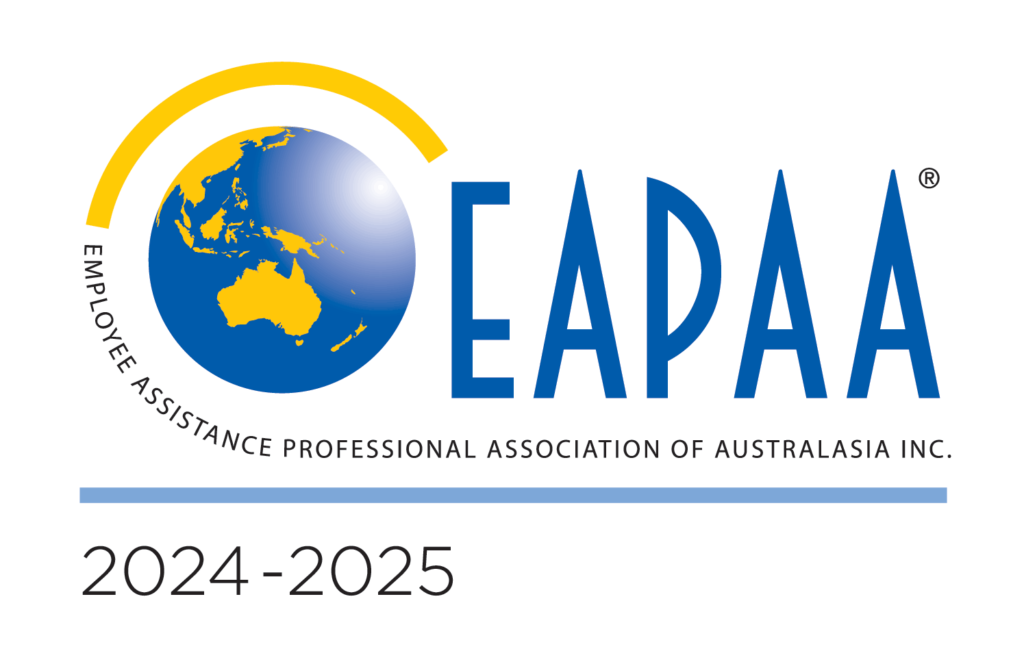By Dijana Barich, Clinically Registered Counsellor at Connect Psych
“Every heart sings a song, incomplete until another heart whispers back” – PLATO
Just as our bodies require physical nutrients for healthy growth, the human brain demands positive environmental stimuli at all stages of development while also needing to be protected from any negative forms of influences.
Numerous studies within the area of interpersonal neurobiology of human development, show us that the structure and function of the mind and brain are shaped by experiences, especially those involving emotional type of connections.
Here is the bottom line: The essence of our being lies in connections. Our general well-being relies on these connections to be healthy and feel safe. Connection is a biological imperative – essential to survival.
But let us think about this for a moment. Connections to who or with what, you might pose. Connections to another human being? Connections to nature? To the Spirit? To our Self? All the aspects of connections are essentially important; they are interrelated, and they contribute to feelings of fulfillment and contentment.
Here we will focus on our connection to ‘another’ and its importance for our overall well-being.
We are wired to connect. It is in our nature to interact and to form relationships with others. Belonging to a group or being a member of a tribe has been a survival strategy throughout our evolution. Humans are social beings: our nature is to recognize, interact and form relationships with others.
We come into the world with two main needs which must be fulfilled for our whole body-mind-spirit complex to be formed into its optimal shape: the need for safety and the need for connection. At first, our brain centres for emotional self-regulation and discernment are not developed, so we entirely depend on an attentive caregiver to keep us safe and to co-regulate any emotional distress.
Yet, even as we develop self-regulatory capacities, throughout our lifetime we still maintain the need to be co-regulated when experiencing difficult emotional states. We tend to form connections with others to meet this need. And yes, it is a need. Actually, it is one of our primary needs, a foundation for our healthy development and feeling happy and content.
Opposite to connection is isolation and feelings of loneliness, and even a perception of social separateness impacts our physical and emotional well-being. When we feel alone in the world, we suffer.
Close connections are vital for our overall well-being and when we successfully engage and maintain them, our suffering decreases, and we feel better.
As I conclude this short blog, I’d like to invite you to reflect on your current personal connections:
- Who are the people in your life with whom you feel a close connection?
- What are the things you do together that promote that connection?
- How often do you connect?
- What are the ways you connect: in person, phone/video calls, and social media?
- Are there any lost connections that have the potential of reconnecting?
- Are there any people you’d like to develop closer connections with?
Dijana is a Clinically Registered Counsellor with over 15 years’ of experience in providing professional counselling and therapeutic services in the field of general, trauma-informed counselling, youth, family work, and mental health. Over time, She has developed an integrative, consciousness-based approach to psychotherapy, with a strong emphasis in interpersonal, person-centered, psychodynamic, solution-focused, and trauma-informed work (EMDR & Polyvagal theory in therapy).
To book in with Dijana, click here

